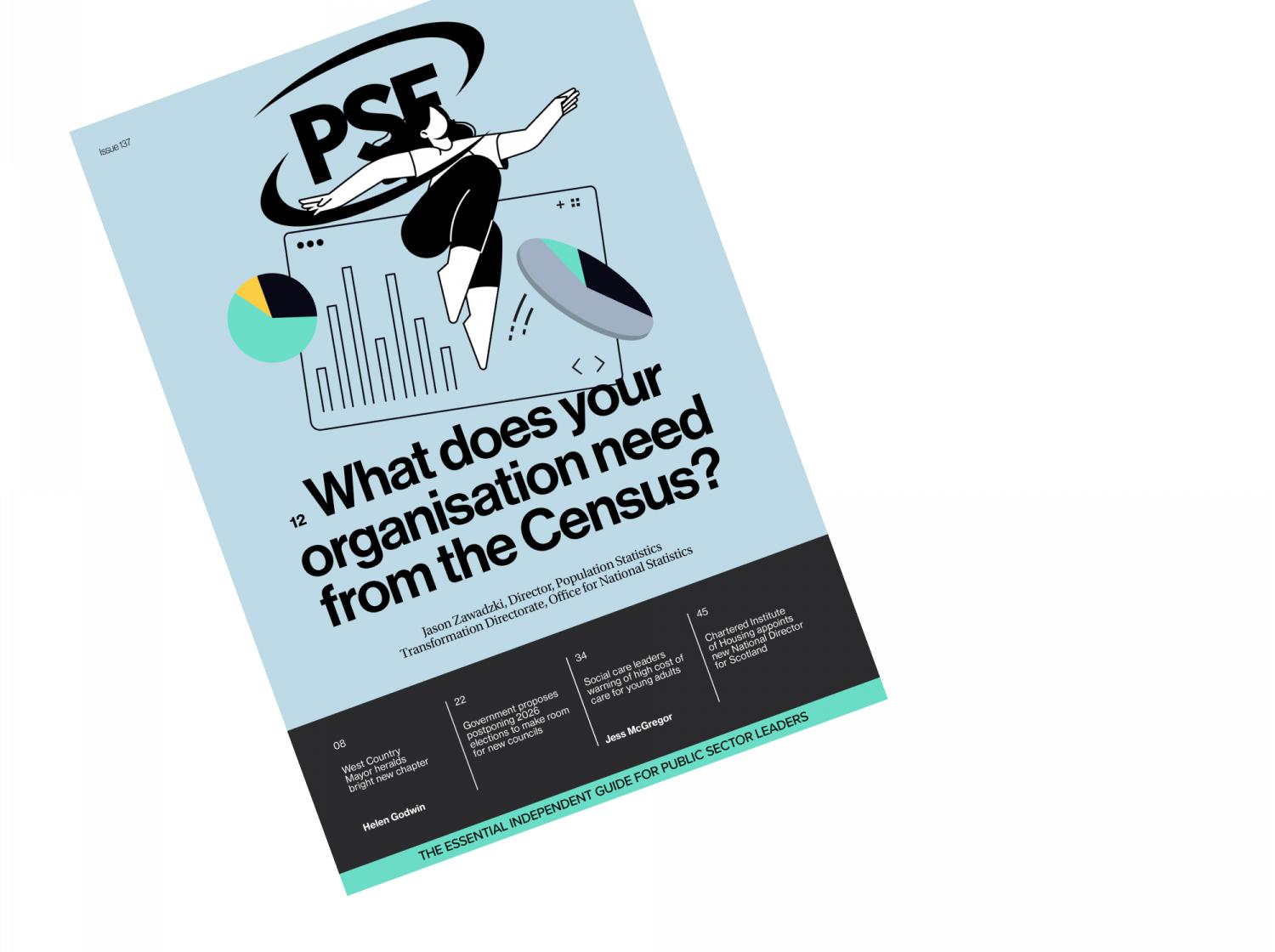Later this month will mark the tenth anniversary of Global Accessibility Awareness Day (GAAD). On 20 May, we at Texthelp will be celebrating a whole decade of bringing inclusion to the forefront.
Arguably this year’s GAAD is more important than ever. The Covid-19 pandemic has led to people using the internet more often and for more reasons. It has also sped up the need for public services to be primarily online, or 'digital by default'. This change has impacted older and disabled web users more than most.
In the UK, public sector organisations are concerned with digital accessibility and inclusion more than most. This is largely down to the Public Sector Bodies (Websites and Mobile Applications) (No. 2) Accessibility Regulations 2018. It requires all public sector organisations to make sure their websites and mobile applications are accessible.
So where are we heading with accessibility? With GAAD in mind, here are a few predictions about changes we can expect to see in this space and some things digital leaders in the public sector should be thinking about.
Accessibility will become more important
As organisations are forced to embrace digital change, it is inevitable that accessibility will become more important than ever.
The NHS and Gov.uk are turning their attention to improving Digital Inclusion. This means helping people use and benefit from the internet, especially those who typically struggle to access or operate online.
With this in mind, we can see that the need for accessibility can only grow. If we make it easier for people to get online, we also need to make sure our platforms are accessible and inclusive.
Changes in legislation
Most public sector organisations will be aware of the imminent legislative deadline. Currently, organisations must ensure that all websites meet accessibility standards. From 23 June 2021, these requirements extend to mobile applications also.
As mentioned previously, regulations in the UK mandate that public sector websites and apps must meet the international WCAG 2.1 AA accessibility standard.
W3C, the body responsible for setting accessibility standards, are currently working on an updated version of the guidelines, WCAG 3.0. It is feasible that if adopted, these guidelines could influence and drive change in accessibility legislation over the next few years.
WCAG 3.0
W3C have released the first draft of WCAG 3.0. Already, we know that the new standards will provide better support for a wider range of needs and disabilities and will be more far reaching than the current version.
To date, cognitive accessibility has not been covered as well in standards and regulations as accessibility for other groups. However, WCAG 3.0 will aim to introduce better accessibility for users with cognitive impairments. The range of disabilities within this is broad. It includes people with:
- Intellectual disabilities
- Age-related issues, such as memory impairment
- Mental illnesses, such as
- Depression
- Anxiety disorders
- Schizophrenia
- Learning disabilities and difficulties, such as
- Dyslexia
- Attention deficit hyperactivity disorder (ADHD)
- Autism
Tools that can help
One of the biggest developments over the last ten years has been in the accessibility software space. There is now a myriad of tools available to help organisations tackle accessibility and embed inclusion.
There are free tools that will help you evaluate your website, such as WAVE and Cynthia Says. In fact, there are many programmes that will help you tackle individual parts of the problem. However at Texthelp we were keen to build a solution that did it all.
So this year, we launched ReachDeck. ReachDeck helps you to improve the accessibility, readability and reach of your online content. It scans your website for WCAG errors and helps you stay legally compliant. But it goes further than that, offering tools that help improve the readability of your written content and offering reading and translation support for your website visitors.
If you’re interested, you can read more about how the team at Bridgewater Community Healthcare NHS Foundation Trust have been using ReachDeck on their accessibility journey.
We are offering all organisations the chance to use ReachDeck and improve the experience for their online visitors, for free for thirty days.



















